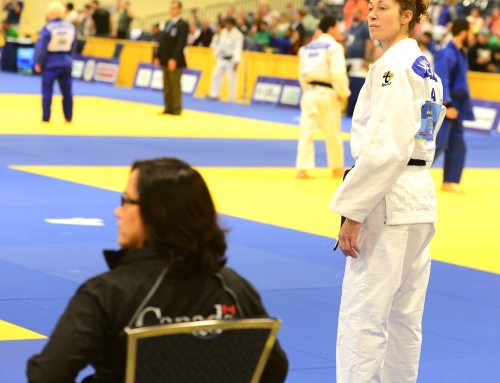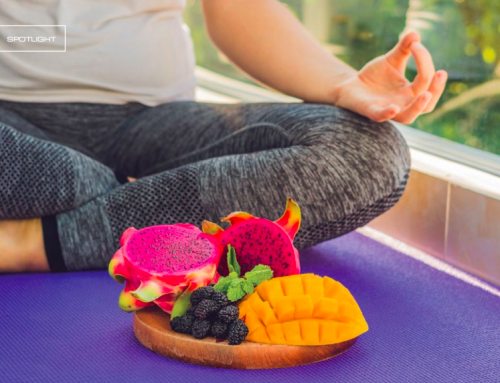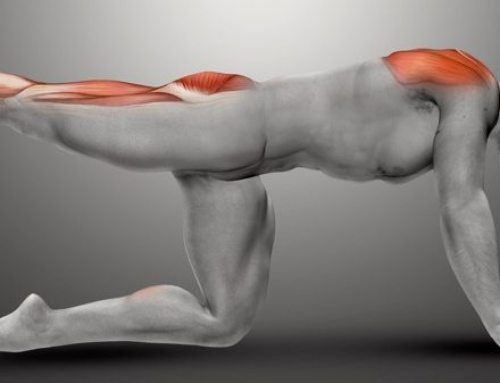
By Joshua Stevens
It’s a ubiquitous daily dose of pep that ramps up our psyche and fuels our daily grind. I’m not talking about the latest season of “30 Rock” on Netflix. I’m talking about caffeine.
Caffeine can serve as a morning pick-me-up, a mug of warmth on a cold day or a training aid. Most of us go the routes of coffee or energy drinks to get a jolt. These do the trick – a cup of coffee can provide up to 150 milligrams of caffeine – but the drawbacks may be as severe as the headache you get from withdrawal when you go without for a day. Alternatives abound in the realm of a leaf, Camellia sinensis, without these side effects and perhaps with benefits like high-dose antioxidant support, improved sleep and regular bowel movements. Yeah, I said it. The mystery leaf is tea. Oh, and plenty of caffeine to “pick you up.”
The problem with coffee is the ground coffee itself is an irritant to the gastro-intestinal tract. This is why a lot of coffee drinkers rely on their morning dose to inspire a daily bowel movement. This chronic irritation of the stomach can aggravate ulcers, dehydrate, and adversely affect your blood sugar. Energy drinks also contain high-dose caffeine, taurine and sugar to boot. Long-term use of either of these can affect neurotransmitters like epinephrine and norepinephrine, which may create a dependency-like state.
Have you ever tried to quit coffee cold-turkey? Withdrawal symptoms are brutal: headaches, irritability, nausea. It’s no picnic. If you are a coffee drinker, you can wean yourself with less-caffeinated teas and avoid some of these problems.
Asian cultures have used brewed tea for many thousands of years for a variety of reasons, ranging from medicinal purposes by the Indian and Chinese to ceremonial productions by the Japanese. The one tea leaf, Camellia sinensis, is responsible for all tea varieties. Green and white teas contain the least amount of caffeine (20-30 milligrams per cup) but the most benefit from antioxidants and phytochemicals that support a healthy body. Black teas contain the most caffeine (50-60 milligrams per cup) but lose some of the antioxidant benefit due to the drying process. Hot, liquid herbal infusions are commonly described as tea, but technically, these are not tea. Herbal infusions like camomile or valerian root can be powerful sleep aids. Senna tea (aka “Smooth Move” – not kidding) can help with regularity and is not a stimulant.
According to traditional Chinese medicine, all teas boost your “chi,” which is the energetic sum of all your biological processes in your body, or how much energy you produce daily. Who couldn’t use more of that? Your body will thank you for the switch many times over.
# # #
Joshua Stevens, D.C., is a holistic chiropractor in Chapel Hill and Durham, where he utilizes chiropractic, acupuncture, detoxification, nutrition and cold-laser therapy with patients. A two-time Ironman finisher, he focuses on racing cyclocross and mountain bikes … much easier!





